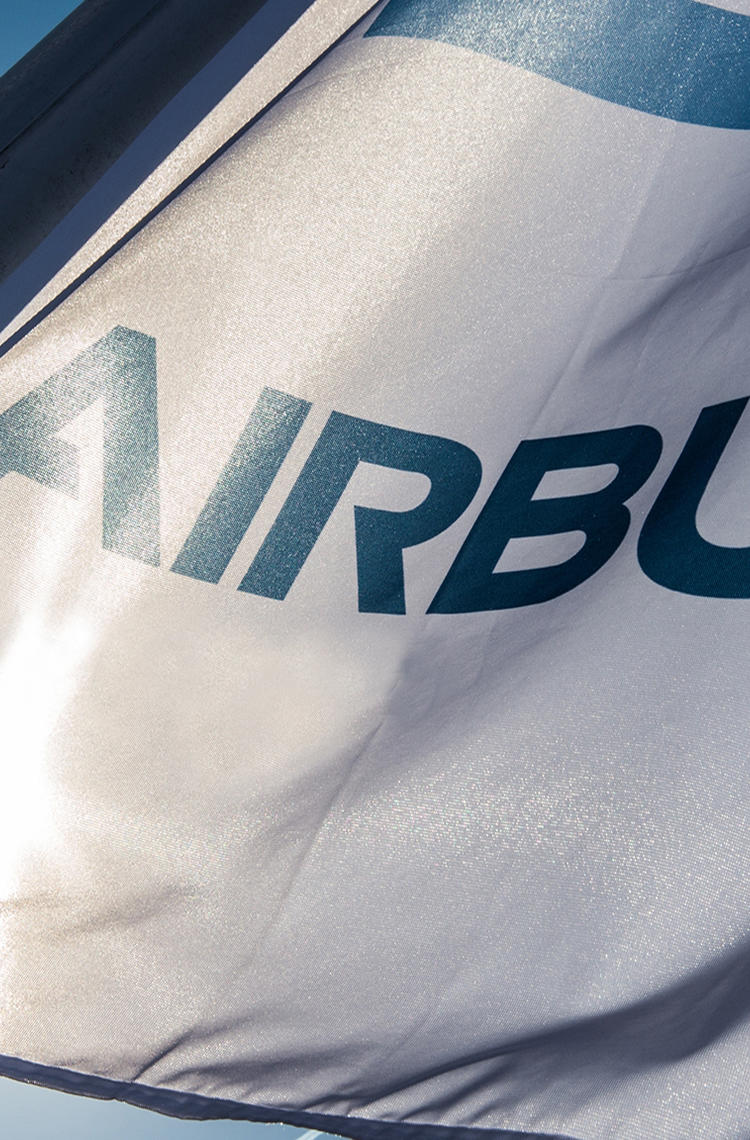Asunción, tell us a bit about yourself
I was born in Madrid and studied Mechanical Engineering at the University of Zaragoza. I’ve been a project manager for Space Systems in Madrid for more than 15 years.
As a child, I was always fascinated with building things, but I never imagined I would have a career in the space industry. So when I got a job at CASA Espacio it was like a dream!
I started work in the launch vehicle engineering department in the nineties. I found a great team comprised of experienced people and new people like me, all different but with a common mindset. We were open to any idea, with enthusiasm and a lot of passion to work in space.
When I gained enough experience, I started to realise my dream of leading a team as a project manager. I was the first woman to join the group of space programme managers in Madrid.
I’ve had the opportunity to lead the teams responsible for the development and flight qualification of the Ariane 5 and VEGA payload adapters, the part of the launcher that holds the satellites in place during launch and releases them into orbit. For science and telecommunication programmes such as EUCLID, ASTRA1N and ATLANTIBIR 7, I was project manager for the development of the main structural body and the structures supporting the satellite sub-reflectors.
Currently, I am the project manager for the Earth Return Orbiter Separation System, which will enable the correct orbiting of the spacecraft that will capture the Martian samples in orbit and return them to Earth, as part of the Mars Sample Return Mission.
What do you like about your daily work?
I like having the opportunity to work on a diverse array of very challenging, international technical projects. I lead teams of experts who enrich me technically.
But what I appreciate most is the diversity within Airbus. When I first joined the company there were only a few women working in the Madrid-Barajas site, all with different profiles: aeronautical or mechanical engineer, chemist or physicist, but all very enthusiastic! We knew from the start that we were capable of doing the job and achieving our goals – driven by a very important common value of "working together". The company trusted us and gave us the means to do our job. Today, many other paths are available and the opportunities are immense.
Which projects do you dream of?
On the space side, I think we have an important challenge in the field of launchers, starting with the consolidation of Ariane 6 to have a competitive European launcher. Another project that I find very exciting is the Mars Sample Return (MSR) mission with NASA. Airbus is leading the Sample Fetch Rover that will collect the samples left by Perseverance and the Earth Return Orbiter spacecraft that will bring the first Martian samples back to Earth.
In other areas, I see a future in unmanned aerial systems (UAS) with Eurodrone, a very ambitious European project that will open many doors in the near future.
What would you say to young girls who are hesitant to pursue STEM studies?
First, and most importantly, build your personal vision of the future regardless of perceived boundaries related to gender, ability or anything else for that matter. Don't be afraid of science, technology, engineering or maths, if you like it, go for it! Nothing worth having comes easy, as the saying goes.
To achieve your vision you may even have to study subjects you don't like, or think you’re not good at, but with determination and help you will overcome these difficulties and your dream will come closer.
And the thing that is most important?
Never forget who you are.
On the occasion of the International Day of Women and Girls in Science, meet other of our colleagues:
Jacqueline Roederer, disaster relief volunteer and Airbus trainee turned space mechanic.
